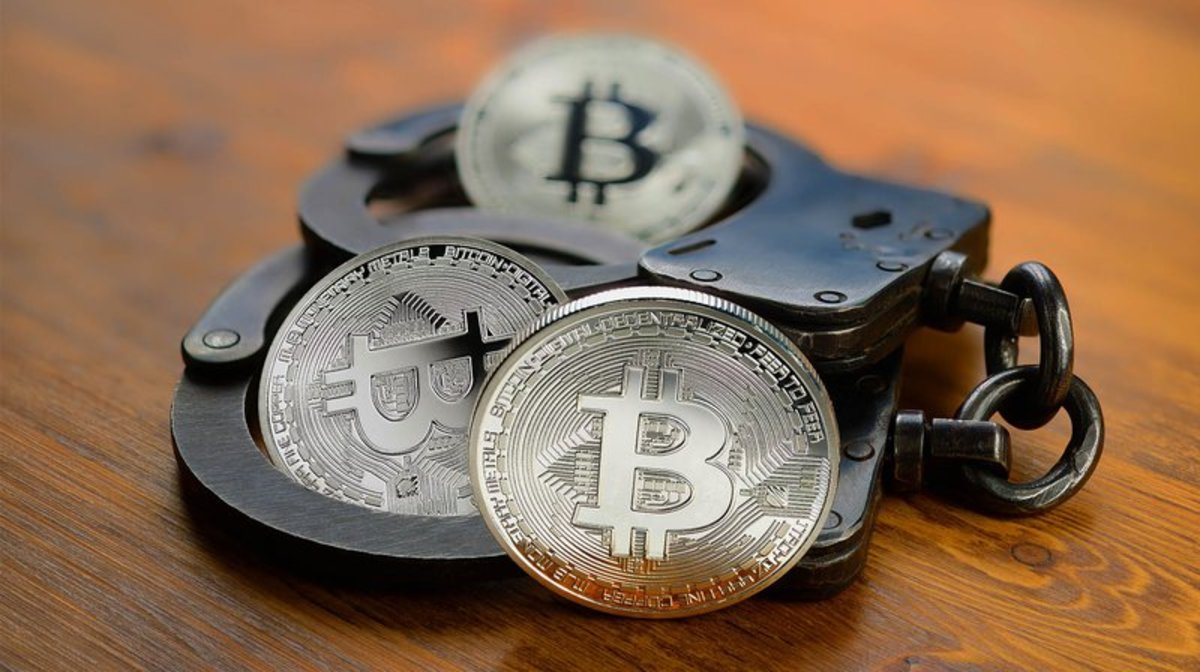
Update, May 30th: While the use and circulation of virtual currencies is banned in Bolivia, it is now unclear whether that's what the suspects are really charged with. Reports as well as local sources suggest that they may instead be charged with running pyramid schemes that use bitcoin. Alternatively, the suspects may be charged with both running pyramid schemes as well as using bitcoin.
The Bolivian Financial System Supervision Authority (ASFI) arrested 60 “cryptocurrency promoters” last week. According to a statement published by the ASFI, in which it refers to bitcoin and several altcoins, the arrestees were carrying out “training activities” relating to investments that have “characteristics of multilevel schemes.” The agency also indicated it will track down Bolivians promoting Bitcoin online.
“The only thing these people are doing is taking advantage of the population and deceiving the people to appropriate their money,” ASFI director Lenny Valdivia Bautista said in the statement.
Since 2014, the Latin American country and its central bank consider bitcoin as well as all altcoins to be pyramid schemes. As such, it was the first country in the world that completely prohibited use of “any kind of currency that is not issued and controlled by a government or an authorized entity.”
This ban forms the basis for this week’s arrests. While there are currently few specifics available, news reports suggest the Bolivians were distributing brochures promoting bitcoin, and possibly selling bitcoin online.
"We have confiscated brochures relating to business schemes that go around giving trainings and making business plans in relation to virtual currencies that are operating abroad,” Valdivia Bautista stated. “The Bolivian population should not participate in closed [cryptocurrency] groups through WhatsApp. The only thing they are doing is taking advantage of the population, deceiving the people to appropriate their money.”
Speaking to CoinTelegraph half a year ago, the creator of the Bolivian Bitcoin Facebook group explained that Bolivian Bitcoin users maintain connections through social media. Because cryptocurrencies are banned in the Latin American country, trades are organised through small-scale discussion groups, and the exchange of bitcoins often happens in person.
Apparently, the Bolivian authorities have taken note. According to hoybolivia.com, the ASFI said that it will continue to track down and arrest anyone that promotes or sells cryptocurrency on social media or other websites. Bolivians are also asked to “take care of their savings by reporting [cryptocurrency related] activities” by calling a special hotline or contacting the country’s “Special Forces Against Felony.”
"It is important to urge the population to report these cases in which people aim to take advantage of people and their families' savings," said Valdivia Bautista.
Bolivia is not the first Latin American country that is cracking down on Bitcoin users. In February of this year, Venezuelan authorities arrested eight Bitcoin miners. In addition to that, Venezuela’s main exchange — Surbitcoin — had to halt operations as the company’s bank closed their account.
Bitcoin Magazine reached out to local authorities but received no response at time of publication.










